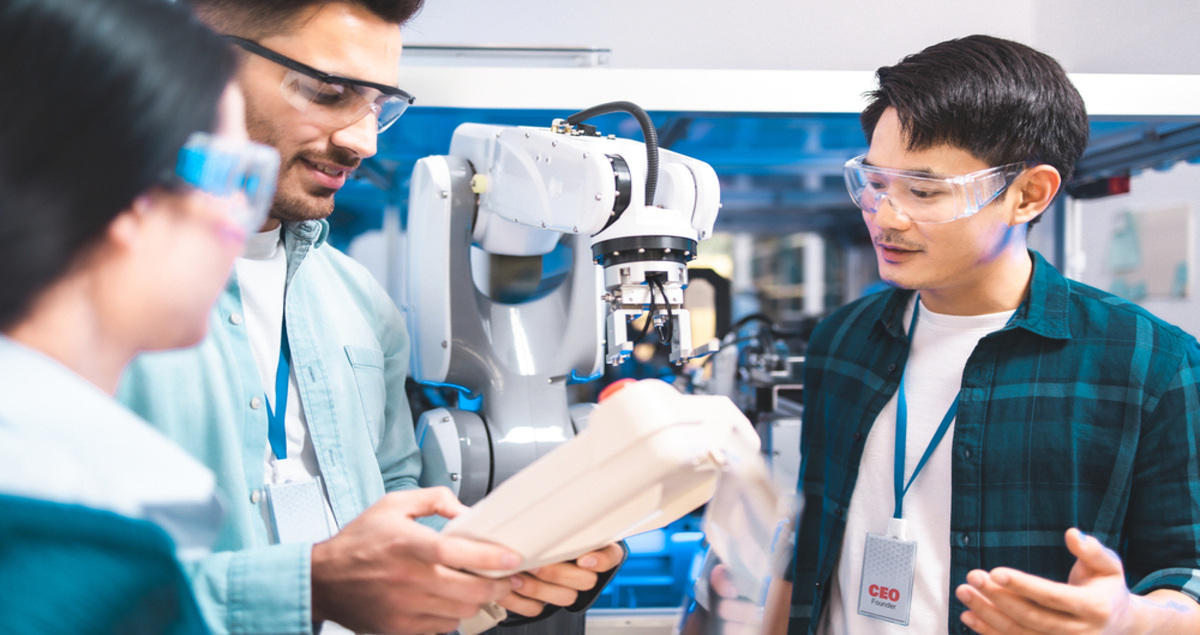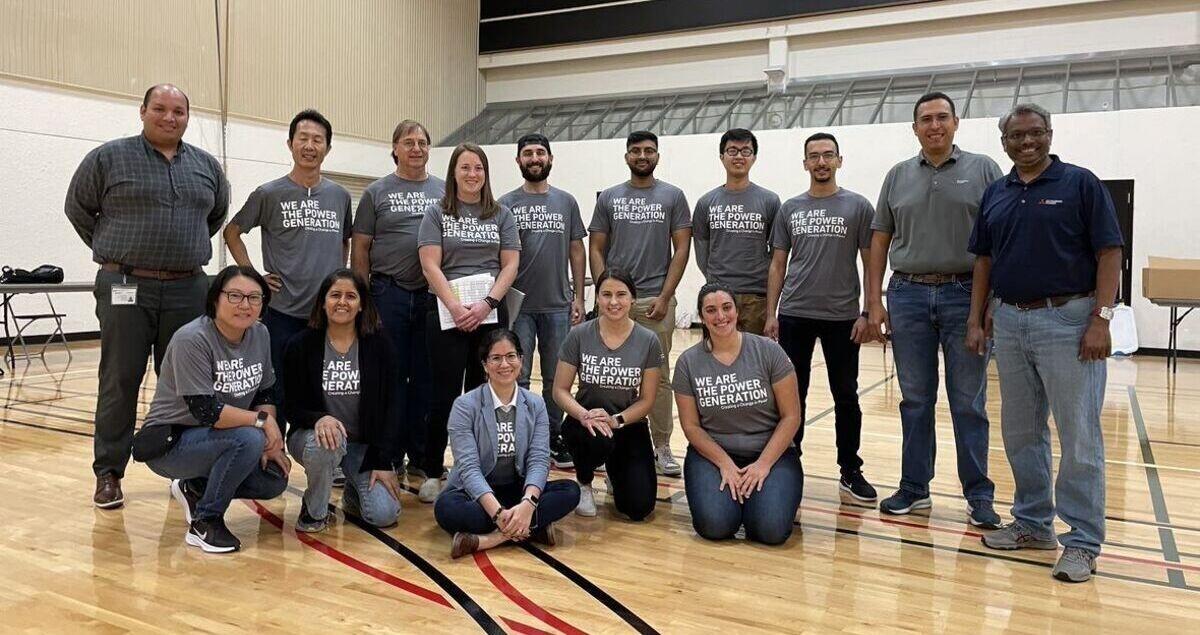STEM knowhow and other human skills driving net zero efforts

The energy sector employs around 2% of the planet’s total labor force. That means more than 65 million people are part of an employment landscape that is undergoing massive disruption as a result of the energy transition.
But while advances like AI and automation will make some current jobs obsolete, these technologies are combining with emerging net zero innovations to create new jobs that put a premium on human skills like collaboration, critical thinking and social awareness.
“Making growth in employment people-centered is key to global energy transitions,” notes a recent International Energy Agency (IEA) report on energy industry employment, which foresees a rapid shift in labor-related opportunities and challenges as the global energy sector evolves.
Energy sector players will need to nurture these skill sets to facilitate a successful energy transition.

The need for innovation and critical thinking
An increasingly tech-heavy energy sector depends greatly on expertise in science, technology, engineering and mathematics (STEM). But it’s not just having such knowledge that is so highly prized. Rather, it is the ability to apply that knowledge in ways that could develop the innovative solutions needed to help reach net zero.
For this reason, Mitsubishi Power, a power solutions brand of Mitsubishi Heavy Industries (MHI), supports initiatives like the annual SECME regional competition at the University of Central Florida, which challenges schoolchildren from 6-18 with a series of STEM-related tasks that help build problem-solving skills.
The event brings together partner schools, universities, industry and government to motivate, mentor and encourage young people to take up and excel in STEM study programs, particularly differently-abled students from under-represented and under-served backgrounds.
Community support like this will help foster the STEM expertise and critical thinking that will ultimately unlock the innovation needed to decarbonize every facet of the energy supply chain.

Collaboration is key
Employees will also require both IQ and an increasing measure of EQ — emotional quotient, or emotional intelligence. This is the ability to relate to others and adapt in a fast and constantly changing employment landscape.
Collaboration will be a key component of industry efforts to shift away from fossil fuels to low-carbon alternatives. Employees that are able to understand and manage their emotions positively, communicate effectively and empathize with others will be best placed to manage new projects and situations.
Raising social awareness
Understanding how energy projects impact the environment and local communities will also become increasingly important for energy companies, making people with developed social awareness and social responsibility skills much sought after by potential employers. Companies that adopt the right social values will also be better able to attract today’s ethically minded graduates.
As part of this, companies like Mitsubishi Heavy Industries (MHI) Group are taking steps to strengthen their sustainability management structure, by establishing a dedicated Sustainability Relations Department and adding a Materiality Council and Sustainability Committee to address social sustainability challenges.
Decarbonization is a key priority for the company, which promotes its MISSION NET ZERO initiative as a group-wide priority and has committed to achieving carbon neutrality for its business activities by 2040. The progress of the initiative is being monitored by the Materiality Council.
Moves like these could help prepare today’s workforce for new challenges and opportunities created by efforts to embrace net zero emissions.
An intensifying global quest to “go green”, the rise of smarter technologies, new and more intensive environmental requirements, and growing sustainability expectations from an increasingly aware consumer base mean the race for talent is hotting up.
Companies that can anticipate such changes by investing in skills and training programs to equip staff for what lies ahead will be best placed to maximize the opportunities of the rapidly evolving energy sector.
Discover more aboutMHI’s commitment to sustainability





